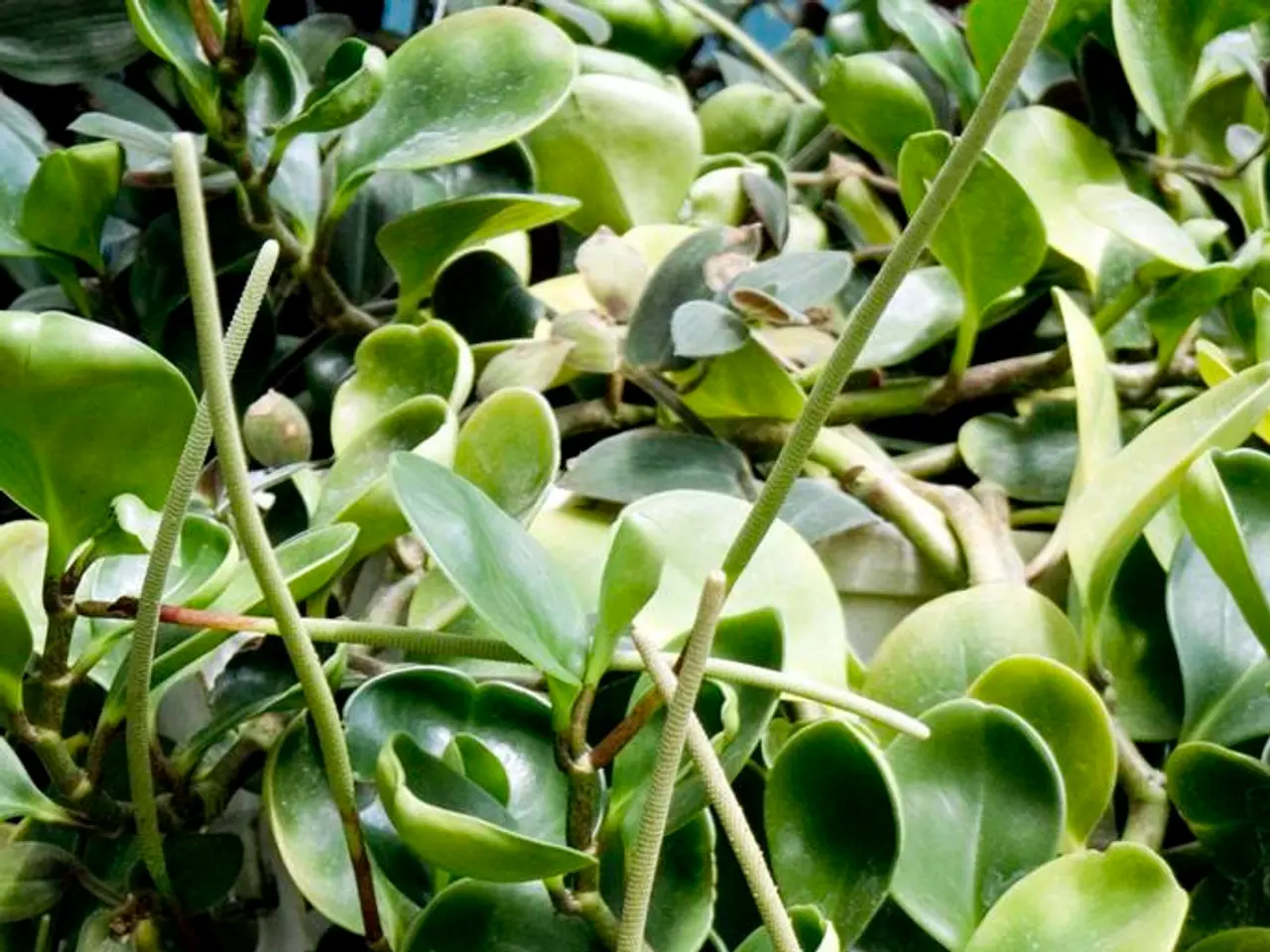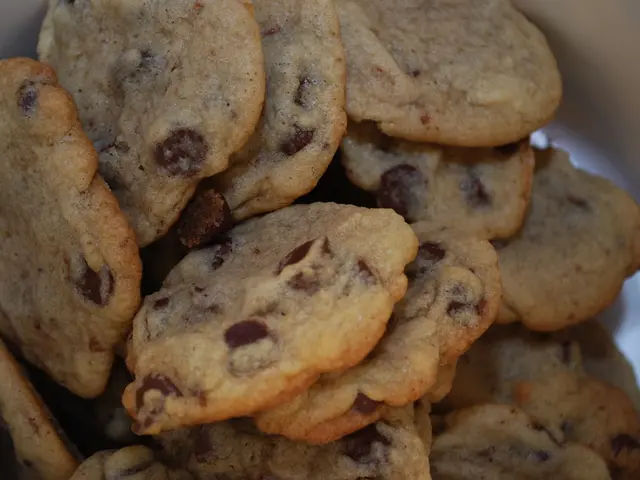Chia Seeds: The 'Internal Shower' Superfood's Surprising Side Effects
Chia seeds, the trendy 'internal shower' from Mexico and Central America, are praised for their high fiber content and potential digestive benefits. However, consuming too much without adequate water can lead to abdominal discomfort and other digestive issues.
Chia seeds, derived from the plant Salvia hispanica, absorb water and form a gel-like substance. This adds bulk to stool and softens it, potentially relieving constipation. They are often consumed as chia seed water, a trend popularized on TikTok. However, it's crucial to gradually increase fiber intake and stay hydrated to avoid digestive problems like bloating, gas, and constipation.
Chia seeds are considered a superfood due to their high fiber content, which can help with constipation relief. An ounce contains 11 grams of high fiber, mostly insoluble, which absorbs fluids and creates bulky, soft stools. Other high-fiber foods like fruits, vegetables, whole grains, and fermented foods can also aid in constipation relief. While chia seeds also provide antioxidants, protein, and various vitamins and minerals, people with inflammatory bowel disease should avoid chia seed water as it can exacerbate symptoms.
Chia seeds, with their high fiber content and potential digestive benefits, are a popular addition to many diets. However, it's essential to consume them gradually, stay hydrated, and consider other high-fiber foods to avoid digestive discomfort. Always consult with a healthcare provider for personalized advice, especially if you have specific health conditions.
Read also:
- Americans Lose Insurance Under New Tax Legislation, Affecting 10 Million Citizens
- Outbreak of E. coli in Latvia, visualized on maps
- Video: Satirical Drug Ad Highlights Robert F. Kennedy's Crusade Against Deceptive Pharmaceutical Promotion
- Drug therapy for ADHD effectively minimizes risks of self-harm, accidents, and criminal activities








